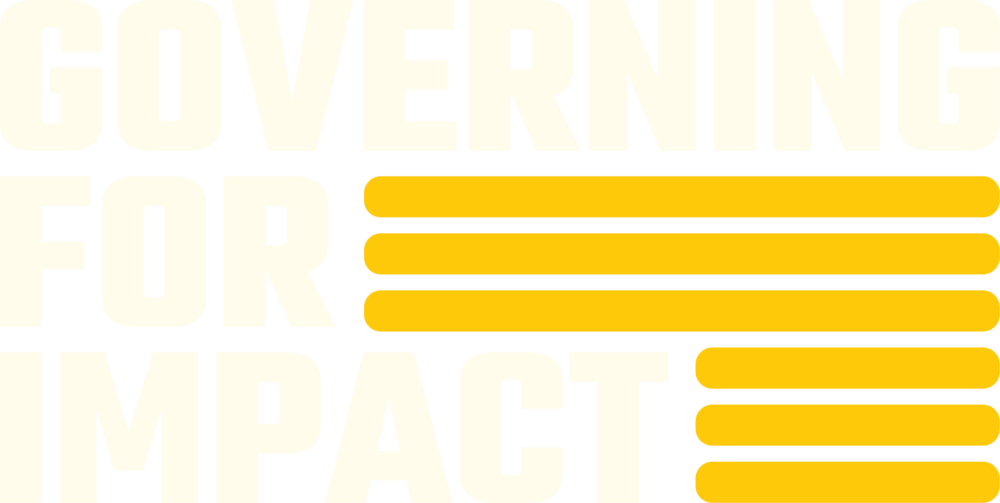Since Day One, the Trump administration has aggressively pursued policy actions that match the recommendations contained in Project 2025.
Author: Reed Shaw
Just Security: Trump’s Use of Consent Decrees to Dismantle Policy
The Trump administration is deploying a previously limited tactic to achieve its deregulatory goals: entering consent decrees—settlements between the parties that are entered as court orders—with private plaintiffs to wipe a challenged law or regulation from the books.
Lawfare: Trump’s ‘Merit Hiring Plan’ Has a First Amendment Problem
The administration is adding a political loyalty test to federal job applications. That is unlawful.
Just Security: The APA Authorizes “Universal” Stays of Agency Action Under 5 U.S.C. § 705
Section 705 is best read to allow courts to stay agency action across the board. For litigants seeking to move quickly against unlawful executive action, it should be a powerful tool.
Lawfare: NRC v. Texas and Nonstatutory Review of Executive Action
There is a powerful means to challenge executive action apart from the Administrative Procedure Act.
Notice & Comment: Seeking Disclosure of AI Usage in Agency Rulemaking
Agencies could conceivably use AI at numerous points in the rulemaking process, raising a host of legal and policy questions. AI tools of various stripes could be used to identify subjects for rulemaking or regulations in need of revision or elaboration.
Just Security: Pathways to “Universal” Relief After Trump v. CASA
So-called “universal” injunctions—court orders that bar the government from enforcing a challenged policy against anyone, not just the plaintiffs in a case—have been a feature of litigation against the Trump administration. Or at least they were. In last Friday’s decision in Trump v. CASA, the Supreme Court limited the availability of such injunctions, paring back the universal relief that had been provided by three district courts in challenges to President Donald Trump’s executive order on birthright citizenship. Still, CASA leaves plaintiffs with several avenues to obtain relief that approximates the scope of the erstwhile universal injunction.
NOTUS: Democrats’ Hot New Legal Strategy is to Use Conservative Wins Against Trump
“In the first term, Trump was basically outsourcing both his judicial appointments and his policy agenda to old school conservatives and Republicans,” Reed Shaw, a policy counsel at the progressive legal nonprofit Governing for Impact, told NOTUS.
Just Security: The Legal Defects in the Trump Administration’s Attempts to Deregulate Without Notice and Comment
Over the last several months, the administration has sought to shrink the federal government by slashing the federal workforce and by dismantling entire agencies. Those efforts have repeatedly run aground in the courts before judges appointed by presidents of both parties (including by President Trump himself).
Slate: How Judges Can Use a Roberts-Invented Judicial Tool to Curb Trump
With the adults long since dismissed and Congress missing in action, resistance to this Trump power grab could come from an unlikely source: federal judges.
